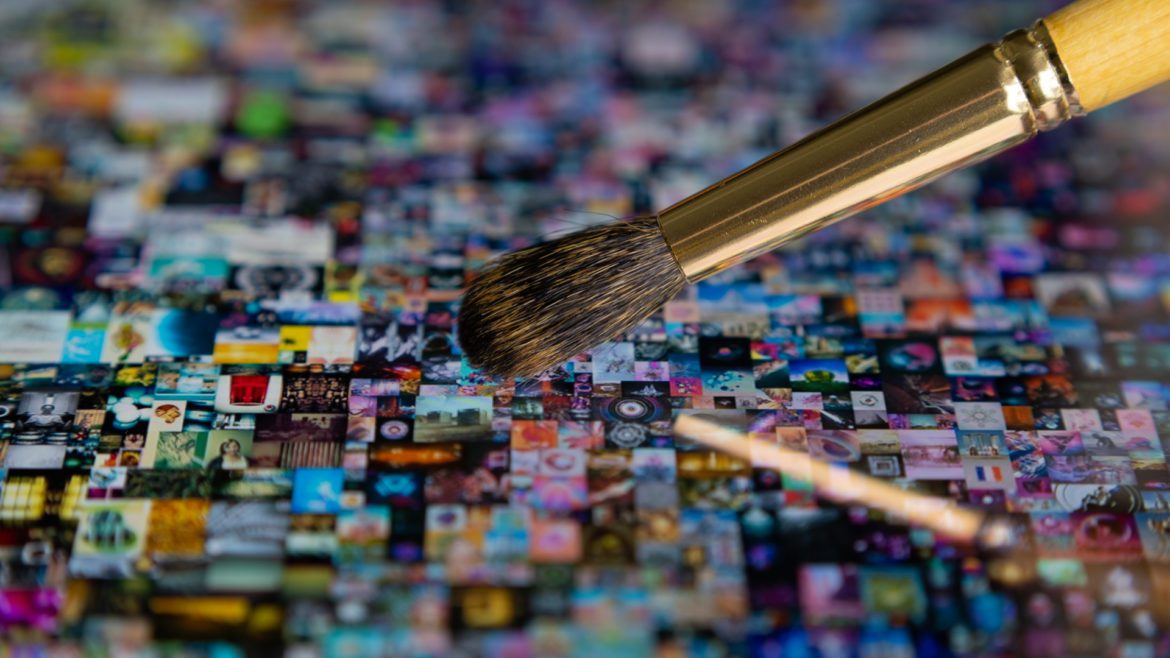An NFT, or Non-Fungible Token, is…
Let’s start by defining the word at the core of the NFT concept: “fungible.” When something is fungible, it can be replaced by another item, usually an identical one. For instance, one dollar can be exchanged for another dollar, one bitcoin, can be exchanged for another bitcoin and so on. So, when something is non-fungible, it cannot be replaced or replicated — in other words, it is unique.
Fundamentally, an NFT is a digital asset, typically bought or sold online using cryptocurrencies like Bitcoin and Ethereum, often fashioned from real-world items, and is encoded to be identifiably unique and meant to be one of a kind, or part of a set or limited series. These can be things like digital artwork or videos, in-game tokens, or even music tracks.
Being non-fungible, these digital items are not interchangeable, even when they look identical. Once an NFT has been created or “minted,” its creators incorporate built-in authentication so it is the only one that exists and can only have one owner at a time. This identifying code usually acts as proof of ownership and means that the owner has digital rights to the original item.
How NFTs Work
Essentially, NFTs use the same technology underlying many cryptocurrencies: blockchain technology. Essentially, an NFT can only have one owner at a time, and the “locked ledger” idea of the blockchain (read our article about blockchain here) is where that and other information is securely stored, available for verification.
NFTs can work differently depending on the platform you are using. On Ethereum (a very popular platform for buying, selling, and trading NFTs), they are:
- Immutable: They cannot be altered or recreated. Once you own it, no one can take that ownership away unless you decide to sell.
- Permissions: You do not need permission to create, sell, or buy an NFT.
- Unique: NFTs are not interchangeable, and while they can be downloaded several times, there can only be one official copy, or a predetermined limited number.
Investing in NFTs
As is the case with cryptocurrencies or even with tangible collectibles (baseball cards, Star Wars figures, and so on), you would, of course, consult with your financial advisor to know what’s right for you. The NFT market recently crossed $3 billion, though, and is expected to reach $13.6 billion by 2026, so it is logical that you might want to consider being a part of the NFT movement. Naturally, you don’t want to spend more than you can afford to lose, and you will need to do some research, perhaps even talking with someone who understands the market and can advise you accordingly. There is much more, so stay tuned!

